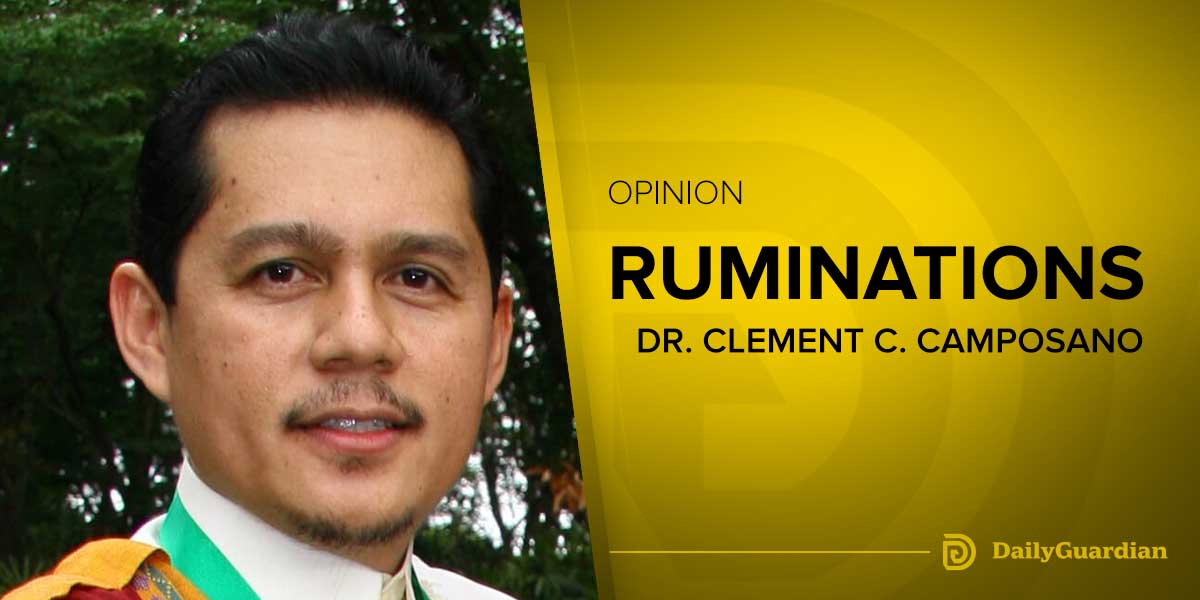By Artchil B. Fernandez
Carlos Edriel Yulo is the current toast of the nation. He achieved what no Filipino athlete had done before—winning two gold medals in a single Olympiad.
When Hidilyn Diaz became the first Filipino to bring home the elusive Olympic gold medal in nearly a century (96 years!) at the 2020 Tokyo Summer Olympics, history seemed to have passed by Carlos Yulo. Four years later, Yulo rewrote Philippine sports history and made history for himself.
He may not be the first Filipino to win an Olympic gold medal, but Yulo is the first to win two gold medals in one Olympics. He is also the first Filipino gymnast to win an Olympic gold—not just one, but two. The Philippine national anthem played at the Olympics for two consecutive days, thanks to Carlos Yulo.
Yulo’s double victory acquired greater historical significance as it occurred during the centennial of the Philippines’ participation in the quadrennial event. The country first participated in the Olympics in 1924, also in Paris, France. The first Filipino participant in the Paris Olympics was David Nepomuceno, who competed in the men’s 100 meters and 200 meters athletic events.
The Philippines won its first Olympic medal at the 1928 Amsterdam Olympics. Teófilo Yldefonso finished third in the men’s 200-meter breaststroke, earning the country a bronze. In the following Olympics (1932) hosted by Los Angeles, the country won three medals. Simeon Toribio earned a bronze in men’s high jump, Yldefonso repeated his bronze performance in the 200-meter breaststroke, and José Villanueva secured the country’s first bronze in boxing (bantamweight).
In the 1936 Berlin Olympics, hosted by Nazi Germany, a Filipino—Miguel White—punctured Hitler’s Aryan supremacy by winning bronze in the men’s 400-meter hurdles. Afterward, it took 28 years for the Philippines to win another Olympic medal. In the 1964 Tokyo Olympics, Anthony Villanueva brought home the country’s first silver medal in men’s featherweight boxing. This was followed by a long Olympics medal drought that lasted almost a quarter of a century.
Leopoldo Serantes ended the country’s long medal wait by earning a boxing bronze in men’s light flyweight at the 1988 Seoul Olympics. The Velasco brothers ensured that the country secured medals in the next two consecutive Olympics. Roel Velasco won a boxing bronze (men’s light flyweight) in the 1992 Barcelona Olympics, while his brother, Mansueto “Onyok” Velasco Jr., took silver (men’s light flyweight) in the 1996 Atlanta Olympics.
Twenty years later, Hidilyn Diaz brought home silver in weightlifting at the 2016 Rio de Janeiro Olympics and made history in the 2020 Tokyo Olympics by finally winning gold in the same sport. In the 2020 Tokyo Olympics, the Philippines had its biggest medal haul ever—one gold, two silvers, and a bronze.
In this year’s Olympics in Paris, Filipino athletes continue to make waves, led by 24-year-old Carlos Yulo. Winning double gold in gymnastics (floor exercise and vault) is both extraordinary and exceptional, especially considering that gymnastics is a sport almost unknown in the country until Yulo’s incredible accomplishment. Filipinos are globally known in boxing and billiards, and the country is widely recognized for its basketball craze.
The world had never heard of a Filipino in gymnastics. Gymnastics is a sport dominated by Europeans and Americans. Among Asian countries, China and Japan occasionally challenge Western dominance in the sport. But Carlos Yulo changed this narrative with his two Olympic gold medals. He is the first Southeast Asian to achieve this remarkable feat.
However, Yulo’s rendezvous with history has been a journey fraught with heartaches, heartbreaks, and failures. The 2020 Tokyo Olympics was a huge disappointment for Yulo. He expected to win a medal but went home empty-handed. He even failed to qualify for the floor exercise final. In vault, Yulo ended his campaign in fourth place.
But his failures four years ago did not dampen his spirit, despite personal and family challenges. Yulo came back with a vengeance. In floor exercise, he won gold where four years ago he didn’t even make the finals. If he missed the bronze by 0.017 points four years ago in vault, he returned by winning the gold.
From heartbreak to historic breakthrough, Carlos Yulo is truly an inspiration to the nation, especially to the young generation of Filipinos. In this “Age of Instant,” where the youth demand everything instantly—from food to success—Yulo’s two Olympic gold medals are a powerful reminder that there is no shortcut to success. Success is a product of hard work, painstaking preparations, discipline, and taking responsibility for one’s life.
One cannot sweet-talk their way to success. Reaching one’s goal demands zeal, toil, diligence, perseverance, and strong determination. The value of hard work is increasingly diminished as the young insist on instant gratification, fame, and victory without the sweat and effort.
Now that everyone wants to be Carlos Yulo, enjoying the rewards of achieving the seemingly impossible, his achievement should serve as a compelling reminder that he did not reach the pinnacle of his career without heartbreak along the way. The path to success is paved with hard work and iron discipline.
May the young generation take a cue from Carlos Yulo’s Olympic triumph and realize that there is no substitute for hard work and discipline. No pain, no gain.




















